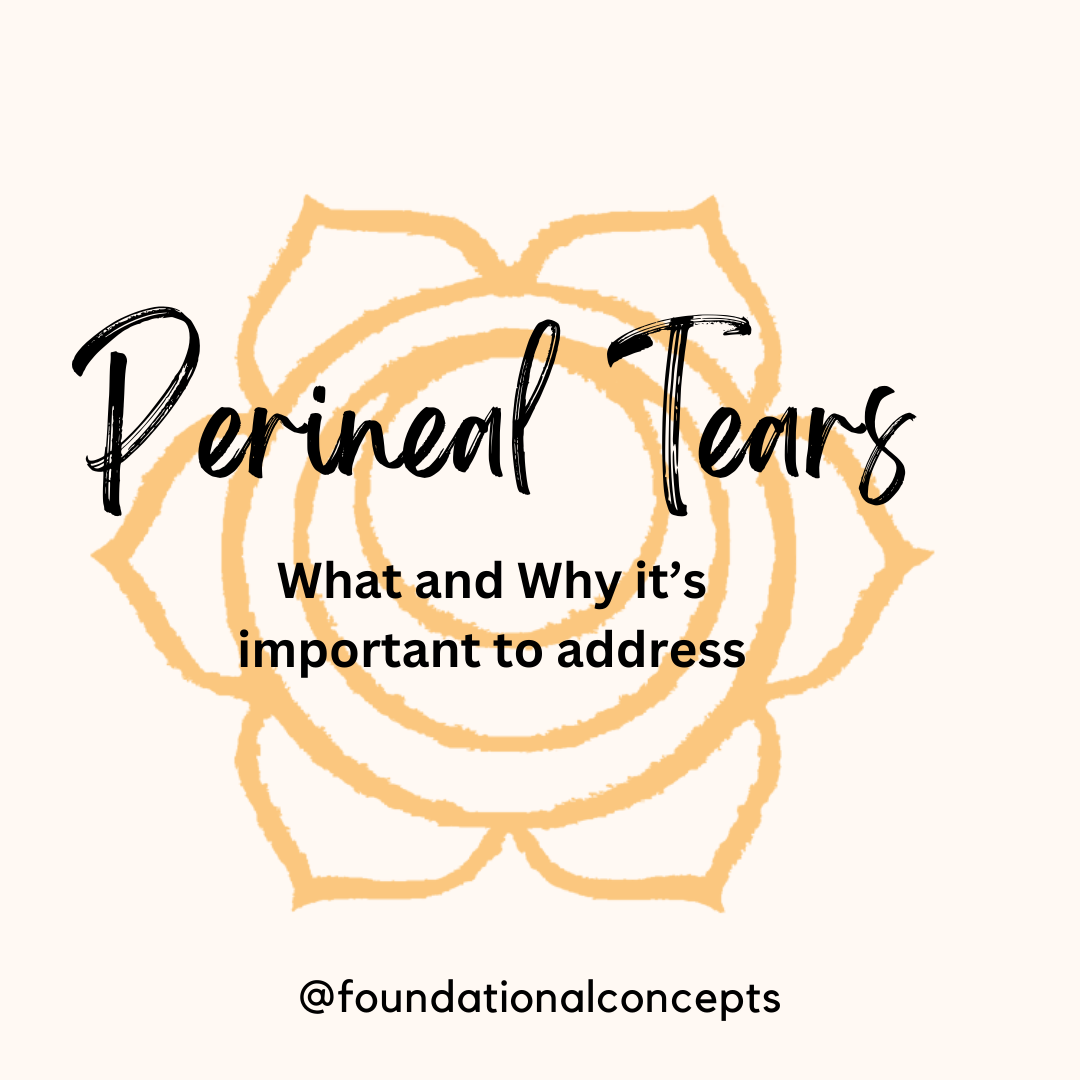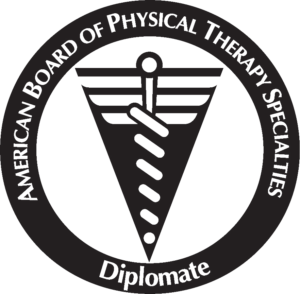Increased intra-abdominal pressure is a large contributor to pelvic organ prolapse and to worsening symptoms. …

The joys of delivery can bring a host of injuries: What to be prepared for and who can help you manage them.
Pregnancy and delivery are some of the most exciting and challenging times that we go through during our lifetime. Because of this, it is important to surround ourselves with a knowledgeable and empathetic care team during the 4th trimester or the period of time for recovery after delivery. When an injury occurs during delivery, it is even more important to have that care team in place.
Injuries to the mother during delivery can often be missed during or immediately after delivery. Often, women will feel things are “not quite right.” At that time, it is important for the new mom to have an advocate for her and have a provider who listens and can discern the underlying issue.
Birth traumas can include damage to nerves, muscles, fascia, or bone during the labor or delivery phase. This can often be a perineal tear, a pelvic floor muscle tear or increased laxity, a nerve traction or compression injury, or SIJ strain and pain. Risk factors for maternal birth trauma include:
- A forceps or vacuum-assisted delivery
- A large baby (more than 8#13oz is considered large)
- Shoulder dystocia (the baby’s shoulder gets stuck during delivery)
- Mom is older than 35 years old
- A very prolonged labor (more than 25 hours from start to delivery)
- A very quick labor (less than 3 hours from start to delivery)
Symptoms that may occur after a birth injury can be varied due to tissue injury, time after delivery, and support that the mom receives at home. Other considerations are if the mom is using oral contraception or is breastfeeding as both will continue to decrease estrogen levels and can change pelvic floor tissue health.
Common symptoms that occur with a birth injury include:
- Pain that persists past a week or so at the site of an episiotomy, perineal tear, or c-section incision
- Leaking of poop or urine
- Difficulty starting or completely emptying with bowel movements
- Difficulty starting the flow of urine
- Pain or feeling of hitting a wall with sex
- New, constant low back pain
- Feeling of a bulge or lump at the vaginal opening
- Felling of something falling out of the pelvis that may be more pronounced with standing, lifting, or end of the day
If you are experiencing any of these symptoms after baby, it is important to visit with your provider and surround yourself with a team to help with your recovery. Pelvic floor physical therapy is a vital part of this team to help with diagnosis and recovery from the injury and being able to care for your new baby.
Pelvic Floor Physical Therapists are specialists in the care of women before and after delivery. There is no question a pelvic floor PT should be part of your recovery plan before and after delivery. You will learn what your pelvic floor is, how to coordinate it with the rest of your core musculature to build confidence and stability as you care for your baby. You will be taught how to manage perineal tears and nerve injuries and given a timeline for healing. You will understand how to return to activities safely and how to care for your healing body in a gentle way.
Check out our Events to learn more https://www.foundationalconcepts.com/pelvic-pain-therapy/news-events/https://www.foundationalconcepts.com/pelvic-pain-therapy/news-events/




